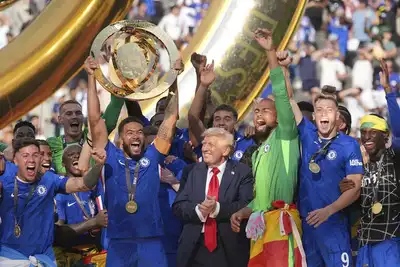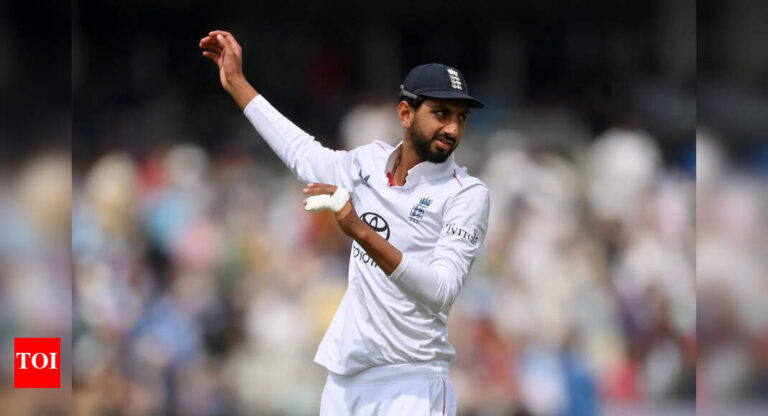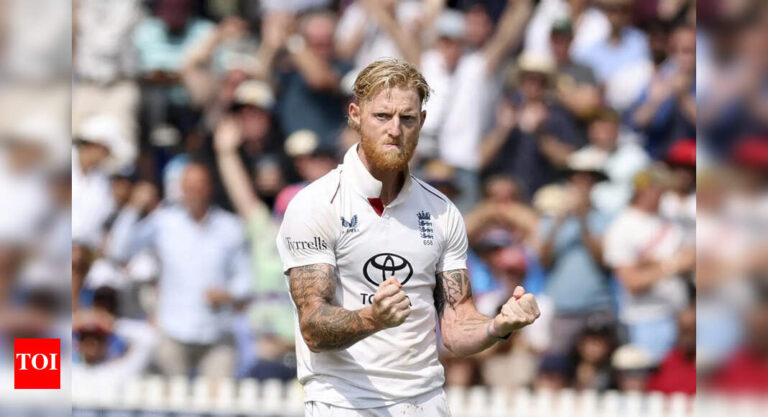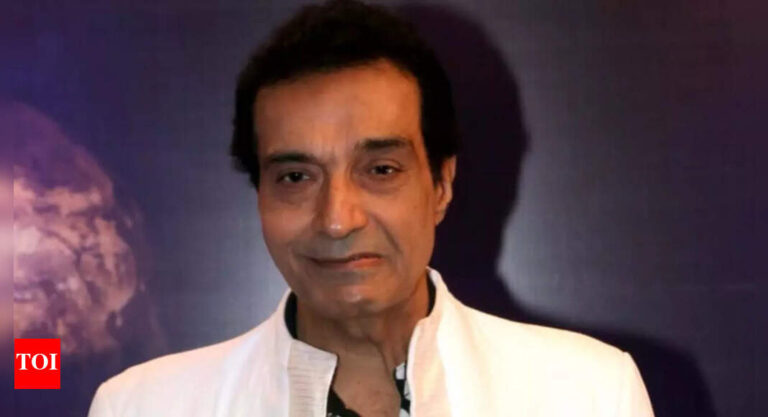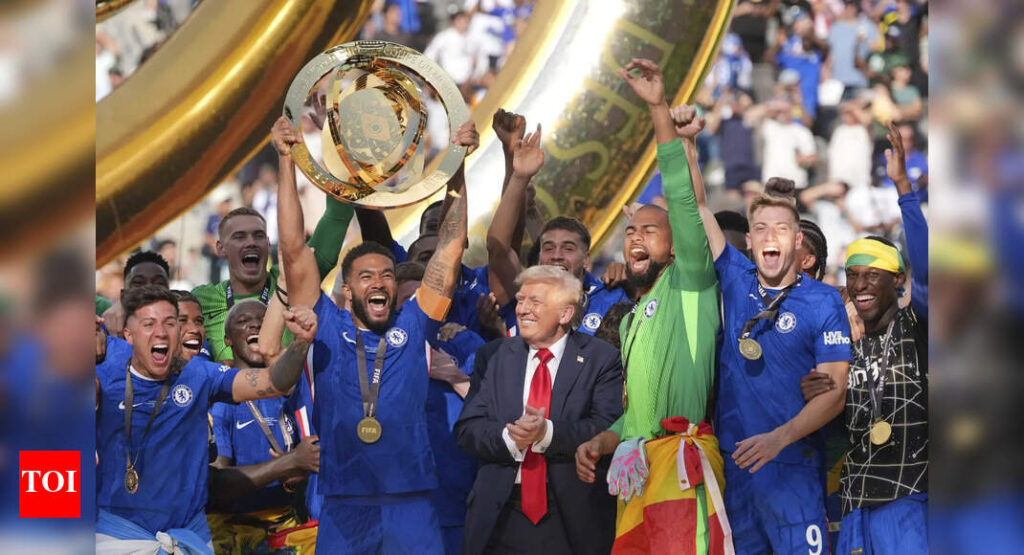
New Delhi: “We won the game in the first few minutes,” said Chelsea boss Enzo Maresca after his side beat PSG in the final. Few could disagree. The Blues stunned Paris Saint-Germain with a blistering start and held firm to claim the 2025 FIFA Club World Cup title in dramatic fashion. Enzo Maresca’s men raced to a 3-0 lead well within the first half, with Cole Palmer and João Pedro combining to dismantle the European champions, who had no answer to Chelsea’s attacking football.PSG came into the final on the back of a near-flawless campaign, but it was Chelsea who brought intent and ingenuity to the final.
Palmer, Pedro and Maresca make all the difference
Cole Palmer, who had already played a key role in Chelsea’s Conference League and Premier League campaigns, delivered another performance to remember. The 23-year-old scored twice and assisted once, becoming only the third Chelsea player this century, after Didier Drogba and Eden Hazard, to score multiple goals in a final.His first and second goals were near identical: released down the right, cut inside, placed shot. Both times, PSG keeper Gianluigi Donnarumma could only watch. Both goals saw the PSG high line punished. Palmer also turned creator for João Pedro, threading a perfect through ball that the Brazilian casually dinked over the keeper.Pedro, Chelsea’s summer signing, has now scored in the semifinal and the final, forcing the discussion about whether the Blues have finally found the centre-forward they’ve been searching for since Diego Costa. Excitingly, Pedro—who was brought in to potentially start on the right, drift into the middle, and create space for Palmer—did just that in the final. To say that Chelsea supporters will be on cloud nine following that performance would be an understatement.Enzo Maresca, meanwhile, made decisive tactical changes. He pushed Palmer wider, bolstered midfield control by bringing back club captain Reece James and playing him alongside Moises Caicedo and Enzo Fernandez, which allowed Malo Gusto to push forward. In the end, it was their two goals in ten minutes and three in under half an hour that were the undoing of a PSG side that went through Bayern Munich, Real Madrid and Inter Miami to reach the final.
PSG had the ball, but not the goals
Despite enjoying nearly 66% of the ball possession, PSG never truly recovered from the opening blitz. Ousmane Dembélé and Khvicha Kvaratskhelia had flashes of promise but were repeatedly forced wide or backwards. Chelsea’s defensive shape, which at times saw Pedro Neto drop into a back five, frustrated Luis Enrique’s side for long periods.Midway through the second half, PSG did regain some control, but the damage was already done. Chelsea sat deeper, soaked up pressure, and closed out the game with a kind of efficiency rarely seen from such a young side.For PSG, the defeat ends a near-perfect season on a bitter note. Having stormed past Inter Miami and Real Madrid in earlier rounds and lifted both Ligue 1 and the UEFA Champions League, this final was seen as the last title in the bag. But Maresca’s men stood firm, thoroughly spoiling PSG’s party and making their midfield play despite being severely inferior in the middle of the park—at least on paper.
A defining moment for Maresca’s Chelsea
Chelsea’s run to the final included a shock loss to Flamengo and a tough semifinal against Fluminense. But in the final, there was nothing second-best about their intent. Maresca’s tactics worked flawlessly, his key players delivered, and the Blues have now won their second Club World Cup in four years.With Palmer, João Pedro, and a side that is beginning to show promise and evolve tactically, the Club World Cup might just be the first big step in a new era at Stamford Bridge.

